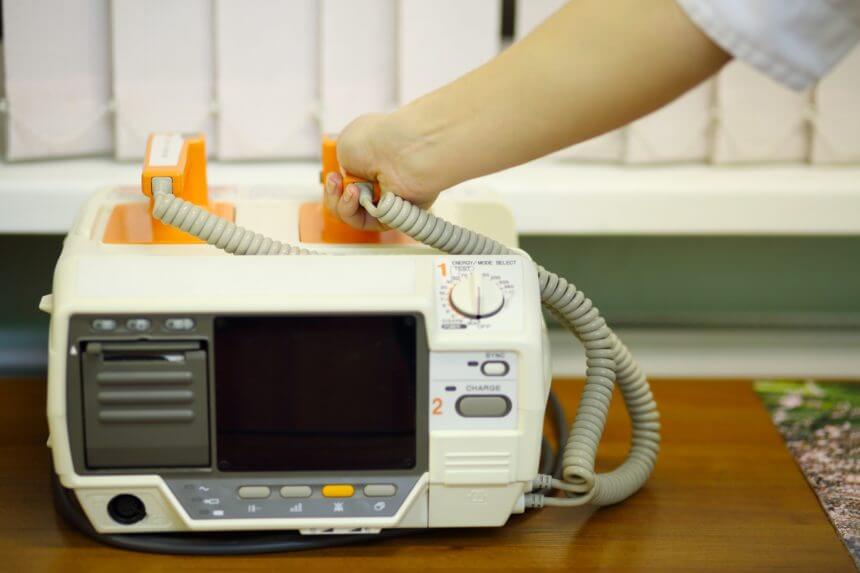
While electroconvulsive therapy (ECT) and ketamine are both effective treatments for depression, ketamine was found to have a faster onset of action and better short-term cognitive outcomes than ECT, according to study results published in the Journal of Psychiatric Research.
The study included 50 patients with major depressive disorder (MDD) who were hospitalized at the department of psychiatry, Charité-Universitätsmedizin in Berlin, Germany, and treated with ECT 3 times a week for 4 weeks (n=25; mean age, 49.96±11.82 years; 11 women) or ketamine 3 times a week for 2 weeks (n=25; mean age, 49.08±10.45 years; 15 women). The investigators assessed depressive symptom severity using the Montgomery-Åsberg Depression Rating Scale at baseline, mid-treatment (after 6 ECT sessions or 3 ketamine infusions), and at treatment termination (after 12 ECT sessions or 3 ketamine infusions). They also assessed cognitive performance (eg, attention, visual memory, and executive functions) at baseline for both groups, mid-ECT treatment, and at ECT and ketamine treatment end.
The investigators found a greater reduction in patients’ depressive symptoms after 1 week of ketamine treatment (mean decrease, −47.45±23.43%) compared with 2 weeks of ECT (mean decrease, −34.86±21.29%). Both treatments were equally effective in terms of symptom reduction at the end of treatment (ketamine: mean decrease, −49.88±27.30%; ECT: mean decrease, −55.70±23.63%), but the same antidepressant effects that were achieved within 4 weeks of ECT treatment could be achieved within 2 weeks of ketamine administration.
Overall, patients treated with ketamine showed improved cognitive performance, particularly attention and executive functions, whereas patients treated with ECT showed a small decrease in cognitive performance.
Patients in the study were not systematically randomized, and there was no control group. Many of the patients were also taking concurrent antidepressants during the study. The investigators acknowledged that “a randomized controlled trial with a large sample including long-term follow-up measurements seems advisable.” However, ketamine may be a useful treatment option when there is an urgent need for symptom improvement and for patients with pre-existing cognitive impairments.
Disclosure: Several study authors declared affiliations with the pharmaceutical industry. Please see the original reference for a full list of authors’ disclosures.
Reference
Basso L, Bönke L, Aust S, et al. Antidepressant and neurocognitive effects of serial ketamine administration versus ECT in depressed patients. J Psychiatr Res. 2020;123:1-8.

